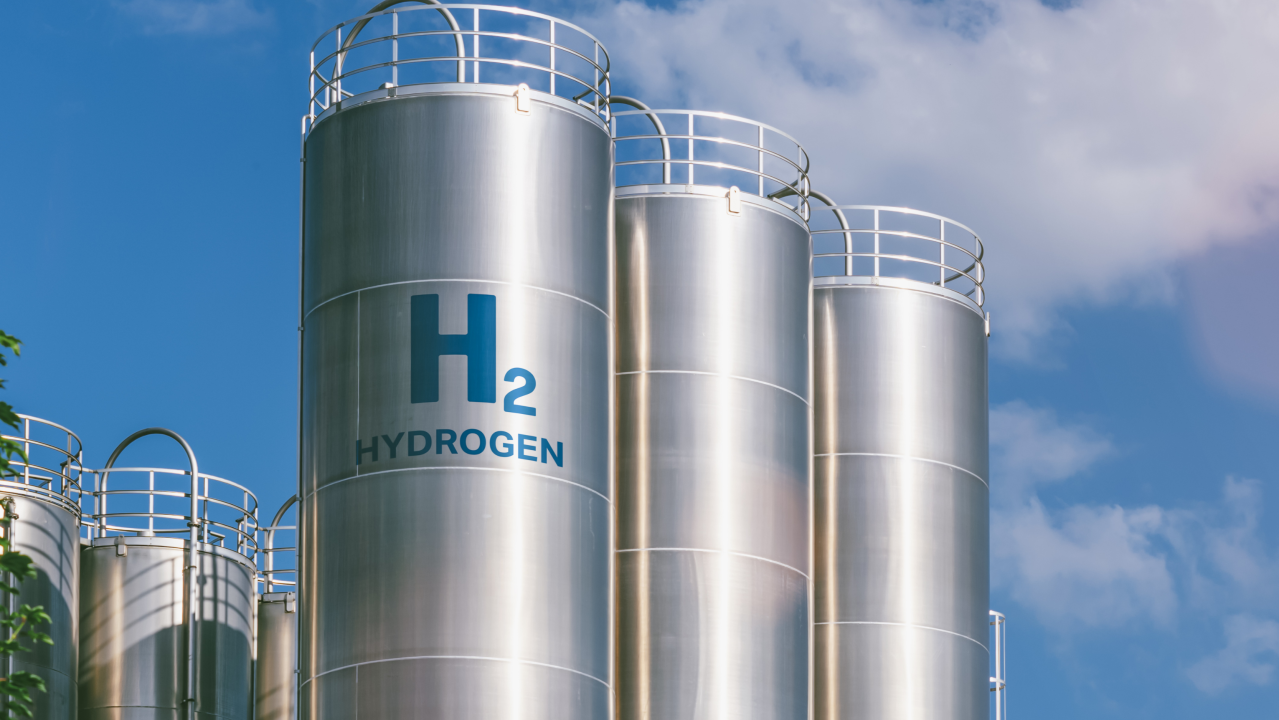Hydrogen Week 2025: South Africa wants to join the hydrogen race, but is it ready?

This week is Hydrogen Week, a time when governments, researchers, and industry leaders around the world highlight the progress being made in clean hydrogen. For South Africa, it is an especially significant moment. The country has made it clear that it wants to play a meaningful role in the global hydrogen economy. With world-class solar and wind potential and large reserves of platinum-group metals used in fuel cells and electrolysers, South Africa’s opportunity is undeniable. Yet as plans take shape, it is worth asking a realistic question: is the country truly ready to take on the challenge?
Over the past two years, several large-scale hydrogen and green ammonia projects have moved from concept to development. One of the most advanced is the Coega Green Ammonia Project in the Eastern Cape. Developed by Hive Hydrogen, a joint venture between Hive Energy and Built Africa, the project is located in the Coega Special Economic Zone near Gqeberha. It aims to produce more than one million tonnes of green ammonia each year once operational. A 1 430 megawatt solar photovoltaic cluster has already been permitted to supply part of the renewable power needed, and the project has secured 20 million US dollars in development funding from the SA-H2 Fund for its engineering and permitting phase. The South African government has also recognised its national importance by granting it Strategic Integrated Project status. Construction and tendering are expected to continue through 2025, with operations planned to begin around 2029.
In the Northern Cape, the Prieska Power Reserve has also gained momentum. The project has secured formal development funding from KfW, the German development bank, together with support from the Industrial Development Corporation. It is one of the first hydrogen and ammonia projects in the country to receive international financial backing. The site was selected for its excellent solar and wind conditions and access to nearby water sources. The first phase aims to produce about 72 000 tonnes of green ammonia and 12 900 tonnes of green hydrogen each year, with the potential to expand output as demand grows.
These developments align with the government’s Hydrogen Society Roadmap, which outlines how hydrogen can help decarbonise industry, create jobs, and attract investment. Together, Coega and Prieska represent significant progress and demonstrate that hydrogen is no longer just a vision. Real projects, funding, and policy support are beginning to take shape.
However, readiness involves more than ambition. Producing green hydrogen requires stable renewable power, reliable infrastructure, and careful resource management. One of the main challenges is water availability. Producing a single kilogram of hydrogen through electrolysis requires roughly nine litres of ultra-pure water, excluding additional water used for cooling and processing. In a country already facing severe water stress, this presents a serious concern. Desalination and wastewater recycling could provide partial solutions, but both add cost and complexity.
Electricity supply is another constraint. South Africa’s power grid remains heavily coal-based, and while renewable capacity is growing, it is not yet sufficient to support large hydrogen production alongside domestic demand. Scaling up clean generation will require sustained investment and strong coordination between government, utilities, and private developers.
The economics also pose a challenge. Electrolyser systems, hydrogen storage, and distribution infrastructure are still expensive. At present, the domestic market for hydrogen remains small, meaning that early projects will depend primarily on exports to Europe and Asia to be commercially viable. Without the right local policies, South Africa could risk developing a hydrogen export industry that benefits investors while offering limited advantages to local communities.
There are also social and environmental considerations. Civil society groups have called for transparency and local participation in planning and decision-making. Ensuring that projects do not strain limited water resources or place additional pressure on communities will be key to achieving a just and inclusive transition.
Hydrogen Week 2025 is both a celebration and a reality check. South Africa has made encouraging progress and has earned international attention for its potential. Yet readiness will depend on how effectively the country manages water, accelerates renewable generation, strengthens policy frameworks, and builds infrastructure that is sustainable and equitable.
Click here to find out more about BCM Global Energy PR Company